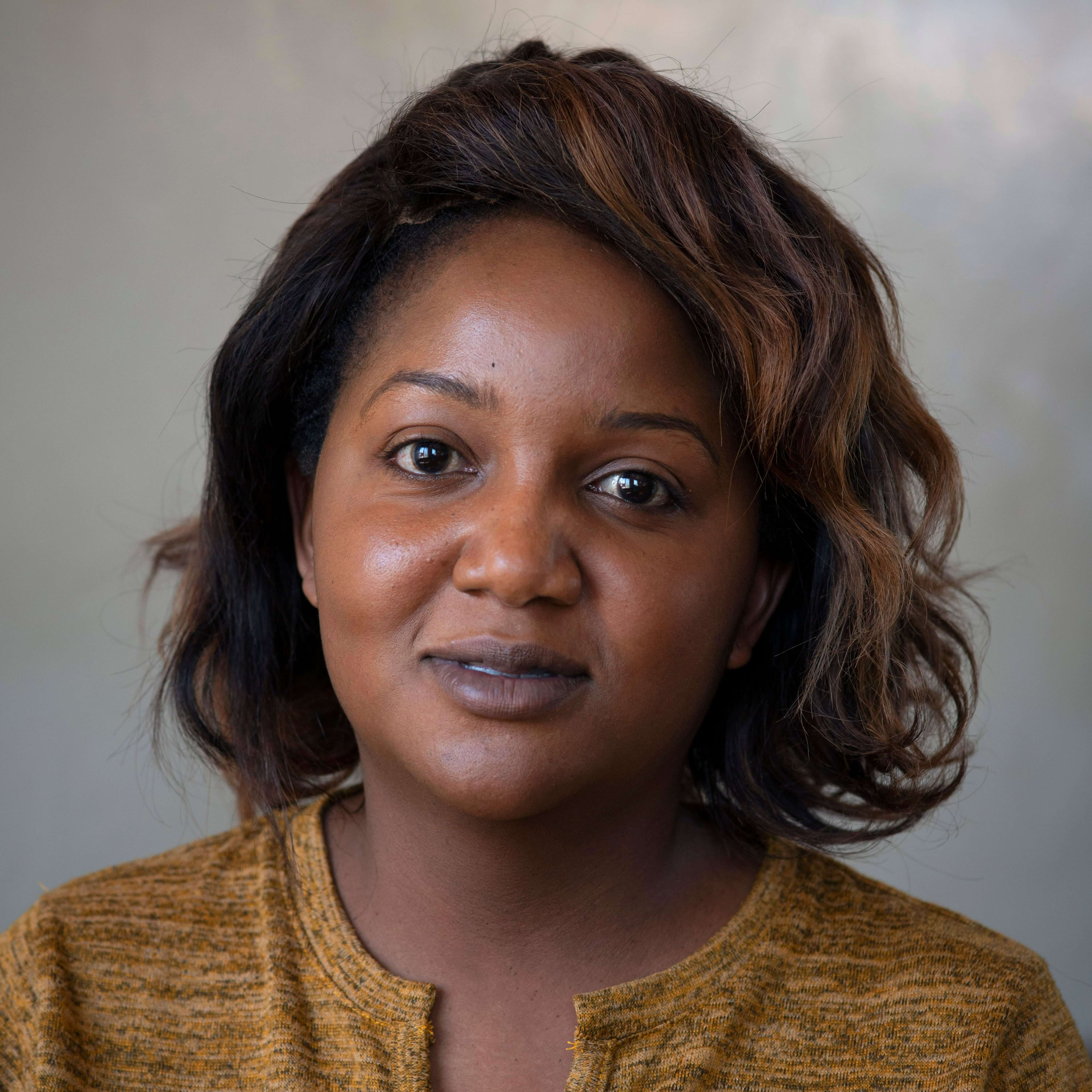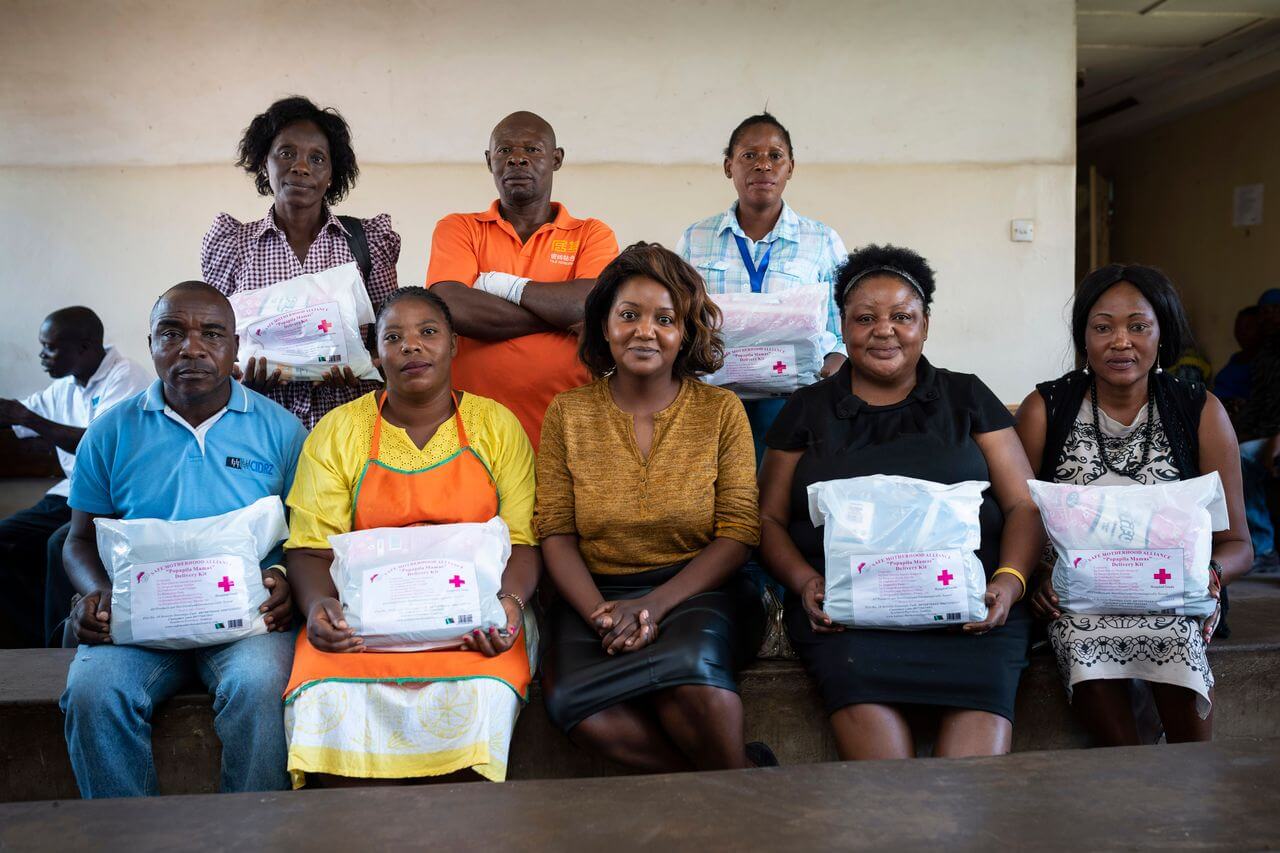Globally, an estimated 100 million women give birth with a family member or with no help at all, leading to high neonatal and maternal mortality rates. Sub-Saharan Africa has the second highest rates after Asia. Over 800 pregnant women die every day from complications during pregnancy and childbirth, and for every woman who dies, approximately 20 others suffer serious injuries, infections or disabilities. Almost all maternal deaths (99%) occur in developing regions.
After her own challenges – and surprise – when told to provide these items herself for the birth of her first child, Mwanza began working with clinics in two major cities in Zambia to find out the extent of the problem.
Safe Motherhood Alliance was established with the goal to prevent deadly and debilitating infections for over 20 million pregnant women with no access to maternal healthcare across the sub-Saharan region. Its flagship product is a US$10 baby delivery kit containing essential tools recommended by the WHO, ensuring safe and sterile conditions at the time of childbirth.
Safe Motherhood Alliance leverages technology though its mobile app accessible on Android and USSD platforms. The app offers personalised health information, vaccination reminders, and online antenatal care. It also includes features such as an “Uber for pregnant women,” connecting users with trained birth attendants, and facilitates the supply of essential healthcare products through a network of clinics. Caregivers, such as Traditional Birth Attendants or untrained community midwives in these communities, are on the frontlines and often lack sterile tools, training, and the capacity to deliver and transfer essential care from home and beyond. While there is no shortage of technology to help women and children survive, what is missing is integrated innovation across life stages and spheres of influence to truly help them thrive.
Safe Motherhood Alliance's solution has led to a 90% reduction in infections during home births and a 60% reduction in the cost of admission supplies for clinics. Its unique approach to integrating technology with healthcare in last-mile locations sets it apart, with strong potential for widespread impact and scalability in regions facing similar challenges.



